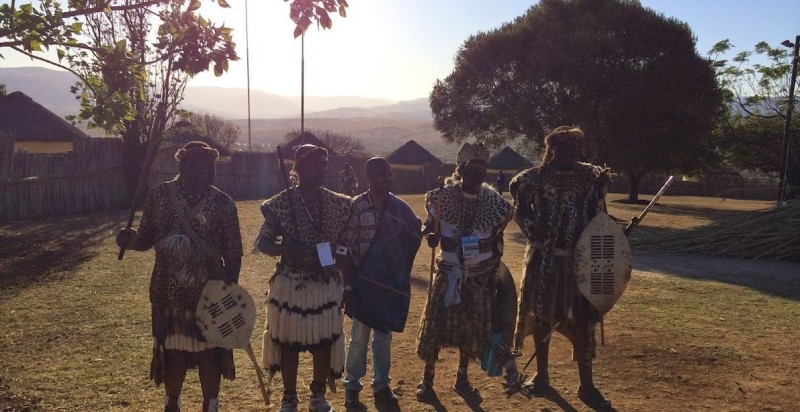
Living with indigenous communities offers a unique and enriching experience that allows individuals to immerse themselves in the rich traditions, customs, and way of life of these ancient cultures. It goes beyond mere tourism, providing a genuine opportunity to understand and appreciate the values, practices, and challenges faced by indigenous peoples. In this article, we will explore the concept of cultural immersion and how it can be a transformative experience for those who embark on this journey.
Understanding Indigenous Communities
Indigenous communities are groups of people who have inhabited a particular region for generations, often with deep historical and cultural roots. They possess their own distinct languages, traditions, and belief systems, which are intricately woven into their daily lives. These communities have faced significant challenges throughout history, including marginalization, discrimination, and the erosion of their cultural heritage. Therefore, it is crucial to recognize the importance of preserving and respecting their unique identities.
Benefits of Cultural Immersion
Cultural immersion in indigenous communities offers numerous benefits to both visitors and the communities themselves. By engaging in direct experiences with indigenous cultures, individuals can gain a deeper understanding of their history, values, and ways of life. This firsthand exposure fosters empathy, cultural sensitivity, and a broader perspective on the world. It also allows individuals to challenge stereotypes and preconceived notions, promoting a more inclusive and harmonious society.
Choosing the Right Indigenous Community
When considering cultural immersion, it is essential to choose an indigenous community that aligns with your interests and values. Thorough research is crucial to understanding different communities and their unique characteristics. It is important to evaluate the authenticity of the experience and ensure that ethical considerations, such as fair compensation for community members, are taken into account.
Preparing for Cultural Immersion
Before embarking on a cultural immersion experience, it is essential to adequately prepare oneself. Learning about the customs, etiquette, and traditions of the community you will be living with is crucial to show respect and avoid cultural misunderstandings. Additionally, packing essentials such as appropriate clothing, toiletries, and other necessities can contribute to a more comfortable and meaningful experience. It is also important to understand the potential challenges that may arise and mentally prepare to adapt to a different environment.
Experiencing Cultural Immersion
Once immersed in an indigenous community, it is essential to actively engage with the daily activities and practices of the community. This may include participating in traditional ceremonies, learning skills such as craft-making or farming techniques, and spending time with community members and elders. By fully participating and embracing the community's way of life, one can gain a profound appreciation for their culture and establish meaningful connections.
Overcoming Challenges
Cultural immersion is not without its challenges. Language barriers may pose communication difficulties, but through patience and a willingness to learn, it is possible to bridge these gaps. Additionally, adapting to different living conditions, such as limited access to modern amenities, requires flexibility and an open mind. It is essential to approach cultural differences with respect and understanding, seeking common ground while acknowledging and celebrating diversity.
The Impact of Cultural Immersion
Cultural immersion can have a transformative impact on individuals. It offers an opportunity for personal growth and self-discovery, allowing individuals to challenge their own assumptions and broaden their worldview. By fostering cultural appreciation and preservation, cultural immersion contributes to the revitalization of indigenous communities' heritage. Furthermore, it creates lasting connections and friendships, nurturing a sense of global community and unity.
Conclusion
Cultural immersion through living with indigenous communities is a powerful way to learn, grow, and appreciate the richness of diverse cultures. By engaging in this transformative experience, individuals can develop a profound understanding of indigenous traditions, gain empathy and cultural sensitivity, and challenge stereotypes. Cultural immersion contributes to personal growth, fosters cultural preservation, and promotes global unity.
Exploring the World's Most Impressive Waterfalls
Floating on the Dead Sea: Exploring the High Buoyancy and Unique Beauty of this Natural Wonder
The Magnificent Victoria Falls: Africa's Towering Wonder and Natural Spectacle